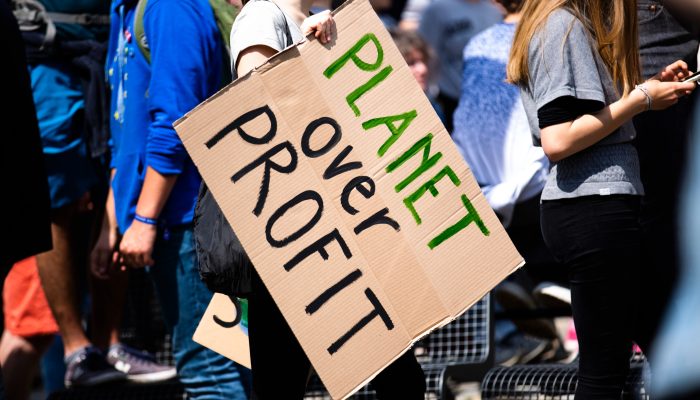As wildfires and extreme temperatures rage across the planet, sea temperature records tumble and polar glaciers disappear, the scale and speed of the climate crisis is impossible to ignore. Scientific experts are unanimous that there needs to be an urgent clampdown on fossil fuel production, a major boost in renewable energy and support for communities to rapidly move towards a fairer, healthier and sustainable low-carbon future.
Many governments, however, seem to have different priorities. According to climate experts, senior figures at the UN and grassroots advocates contacted by the Guardian, some political leaders and law enforcement agencies around the world are instead launching a fierce crackdown on people trying to peacefully raise the alarm.
“These defenders are basically trying to save the planet, and in doing so save humanity,” said Mary Lawlor, the UN special rapporteur on human rights defenders. “These are people we should be protecting, but are seen by governments and corporations as a threat to be neutralized. In the end it’s about power and economics.”
Climate and environmental justice groups report a significant increase in draconian, and often arbitrary, charges for peaceful protesters as part of what they claim is a playbook of tactics to vilify, discredit, intimidate and silence activists.
The Guardian has also found striking similarities in the way governments from Canada and the US to Guatemala and Chile, from India and Tanzania to the UK, Europe and Australia, are cracking down on activists trying to protect the planet.
The legal contexts vary, but the charges – such as subversion, illicit association, terrorism and tax evasion – are often vague and time-consuming to disprove, while a growing number of countries, including the US and UK, have passed controversial anti-protest laws ostensibly intended to protect national security or so-called critical infrastructure such as fossil fuel pipelines.
The systematic criminalization of environmental defenders is not new. Natural resources on Indigenous land have long been exploited, driving big profits for some but also fueling violence and inequality.
Experts say the Marlin mine in Guatemala was one of the earliest documented cases of a transnational corporation – and its state allies – weaponizing the legal system against environmental defenders. Since then, the Inter American Commission on Human Rights has repeatedly condemned what it describes as the alarming rise in the misuse of criminal justice systems against environmental, land and other human rights defenders across Latin America.
You can read the full article at The Guardian.

